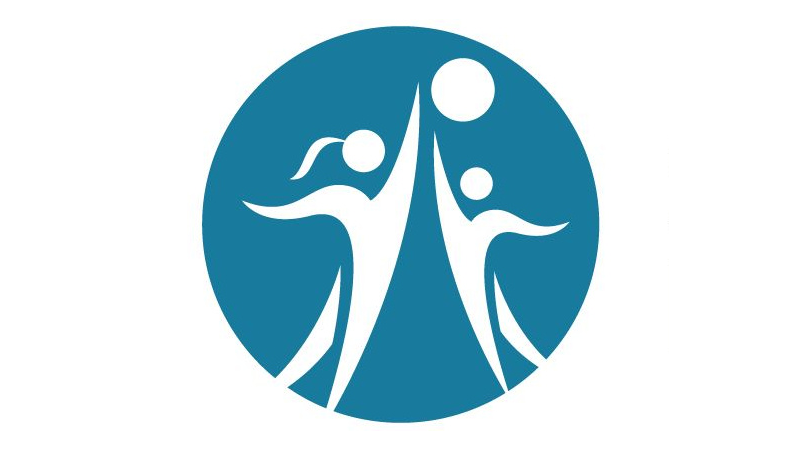Students on an athletics track
Copyright© Thomas Imo/photothek.net
Sport for Development
That is why the Federal Ministry for Economic Cooperation and Development (BMZ) uses sport and its power to enthuse as a means of creating better future prospects for children and young people. The lack of educational opportunities, the violent conflicts and the deficits in health care are felt most of all by the youngest segments of the population in the partner countries of German development cooperation.
Sport has the power to change the world. It has the power to inspire. It has the power to unite people in a way that little else does. Sport speaks to youth in a language they understand. It can create hope, where once there was only despair.
German activities Harnessing the power of sport for development
For many years now, the political, economic and social potential of sport has been harnessed in German development cooperation as a way to raise awareness for the goals of the 2030 Agenda for Sustainable Development and integrate people into both society and the economy.
Priority areas of this work are the participation of girls and young women, health, education and vocational training, social cohesion and the prevention of violence. A further focus is on sport projects in regions that are hosting large numbers of displaced people, such as Jordan, Kenya, Colombia, northern Iraq and Uganda.
The main target group of these activities is children and young people. Sport is meant to enable them to develop diverse life skills and new prospects for the future. Special attention is given to the needs of girls and young women, who are often socially disadvantaged in many ways and who can be empowered via sport. A further aim of projects in this field is to include persons with disabilities: sport provides opportunities to bring together people with disabilities and people without, to reduce prejudices, to facilitate participation, and to increase people’s self-confidence and strengthen their feeling of togetherness.
Close cooperation with our partners on the ground
One key concern for the BMZ is that the programmes in the field of sport for development are so well established in the partner country and in its institutions that government and civil society players can make use of these approaches, and can continue them and finance them independently after the German programmes end.
German activities therefore include advising the officials responsible for youth, sport and education policy, further developing physical education curricula and training licences, designing training courses and developing training manuals. Trainers play a pivotal role in this cooperation, as they serve as role models and as counsellors for children and young people. The manuals provide them with numerous examples of training units in a range of sports. They are designed for different age groups, with a focus on teaching various sporting and social skills, and taking into account the specific local situation.
Germany is also a keen champion of sustainability at major sports events such as football tournaments, and the Olympic and Paralympic Games, and uses these events as a platform for development policy goals like climate action, energy efficiency, fair procurement and sustainable merchandising. To that end, the BMZ works with major sports associations and many football clubs from the German Football Division. Via its “From Field to Fan Shop” project, the BMZ is harnessing the social popularity of football to raise public awareness for important sustainability topics. They include, for example, the sustainable production of fan merchandise, protecting the climate and nature, and gender equality.
What we have achieved to date
For the period from 2013 to 2022, the BMZ made some 80 million euros available for projects in the context of sport for development. So far, about 1.4 million children and young people have benefited from over 50 projects in 40 partner countries. In Africa alone, more than 180 sports grounds have been renovated, repaired or rebuilt. Further sports grounds are under construction. More than 10,000 trainers worldwide have already been trained in the sport for development method as part of German development cooperation (figures as at December 2022).
Cooperation with organisations and associations
The BMZ is working together with a large number of national and international governmental and non-governmental organisations (NGOs) and private-sector companies which use sport to help young people in their personal and professional development.
Partners include the following:
- German Olympic Sports Confederation (Deutscher Olympischer Sportbund, DOSB (External link))
- German Football Association (Deutscher Fußball-Bund, DFB (External link))
- German Sport University Cologne (Deutsche Sporthochschule, DSHS (External link))
- German Football League (Deutsche Fußball Liga, DFL (External link))
- German Athletics Federation (Deutscher Leichtathletik-Verband, DLV (External link))
- Other national and international sports federations and umbrella organisations
- UN organisations such as UNESCO
- International non-governmental organisations such as streetfootballworld and the international platform for Sport and Development (External link)
- Local and national NGOs and civil society players such as Viva con Agua (External link)
- Companies and German football clubs such as TSG Hoffenheim, 1. FC Köln and VfB Stuttgart
- Universities such as the Universidad de La Guajira in Colombia and Kyambogo University in Uganda
Moreover, the BMZ is actively involved in the international political debate about sport for development. For example, Germany is represented in various working groups and bodies, such as the UNESCO Intergovernmental Committee for Physical Education and Sport (CIGEPS), the Commonwealth Secretariat’s Open Ended Working Group and the Coalition for Sustainable Development through Sport (External link).
In order to give a face to this topic for the German public, the BMZ nominated the Olympic and World Fencing Champion Britta Heidemann,and also the former members of the German national football team Nia Künzer and Gerald Asamoah as Sport for Development Ambassadors.
As at: 18/01/2023













